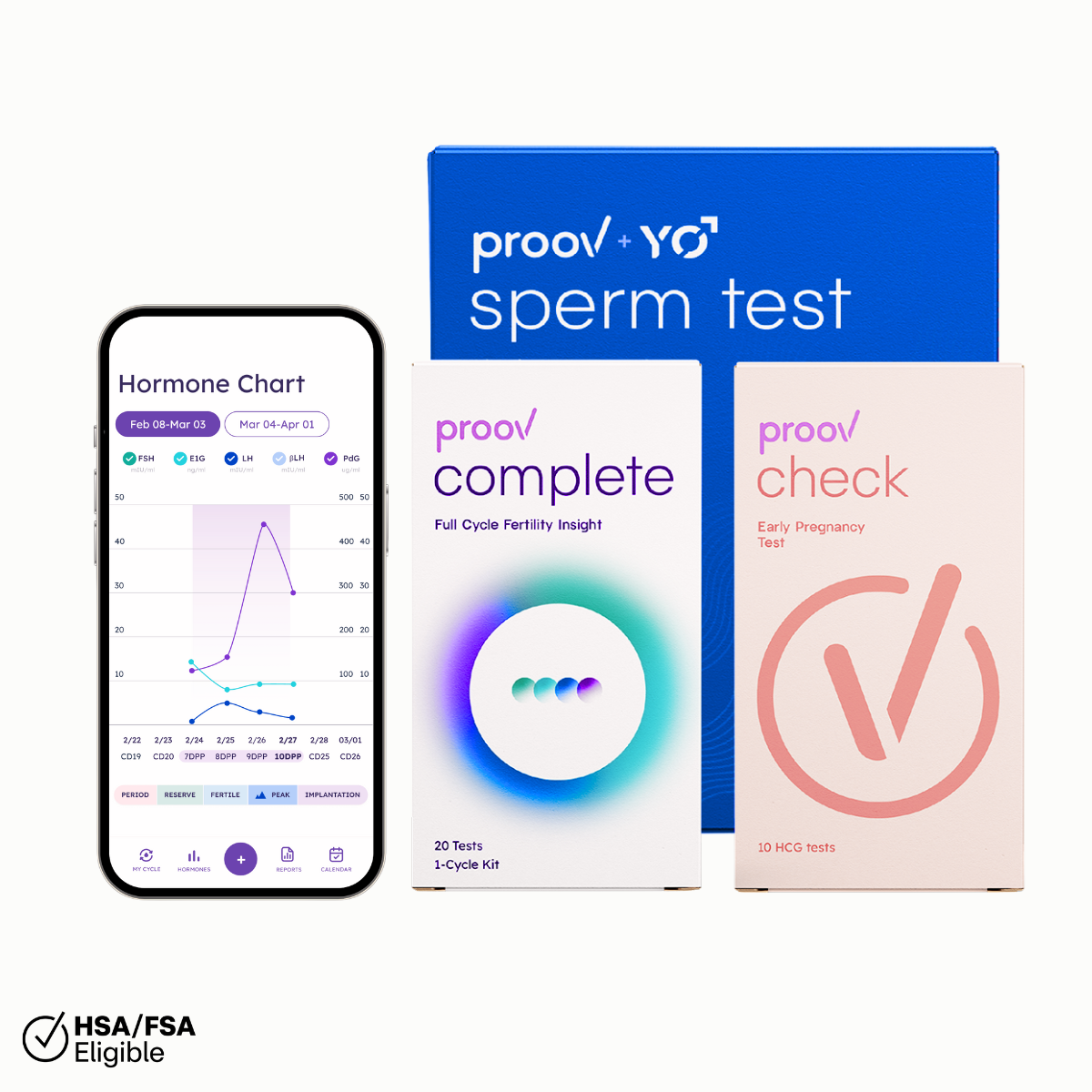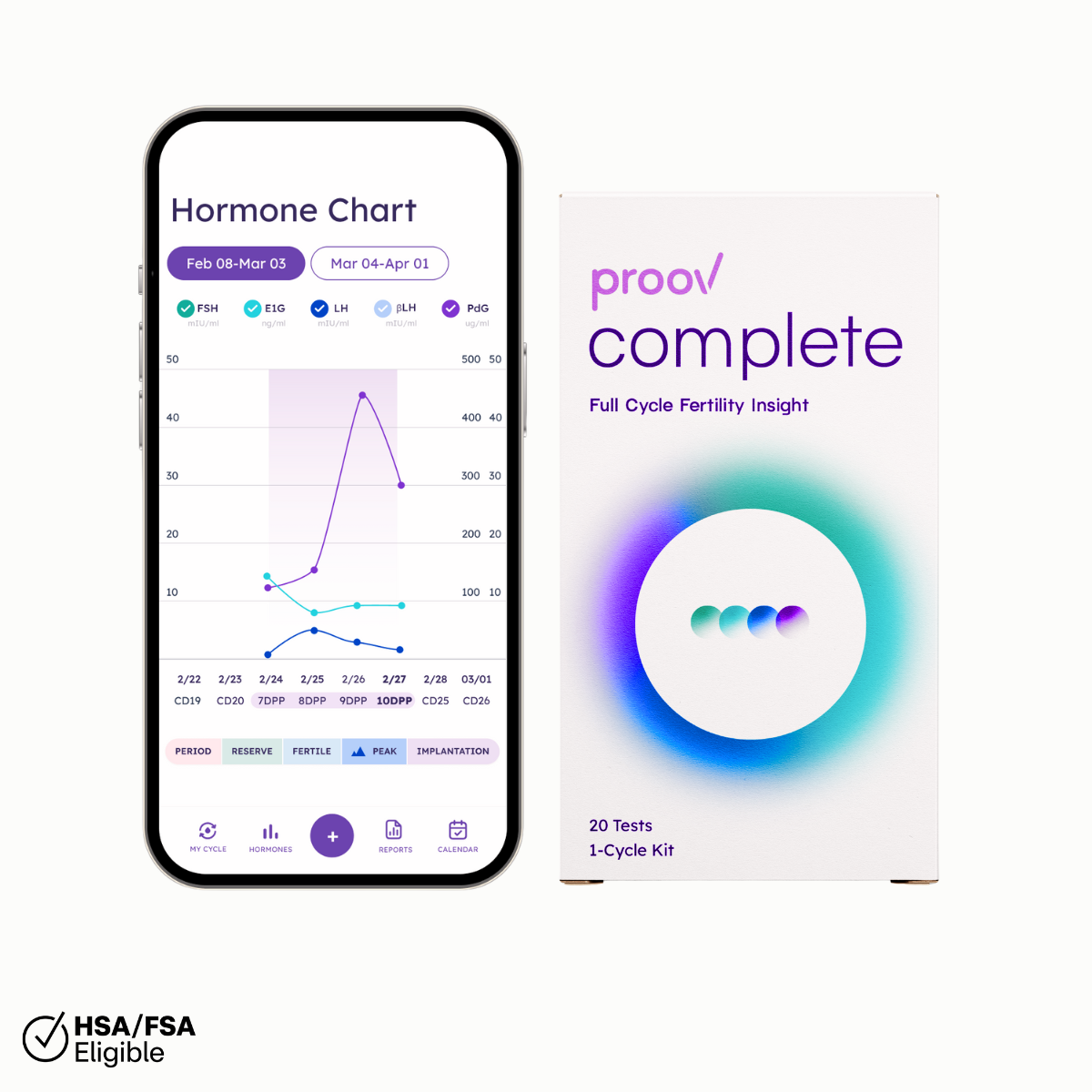Written by Dr. Camille Krause, ND
Dr Camille Krause is a Naturopathic Doctor with a special focus on fertility. She works with a medical fertility clinic in Waterloo, Ontario (Canada), and collaborates directly with the medical doctor and nurses to improve outcomes for their mutual patients. She loves the simplicity and power of acupuncture, getting lost in research rabbit holes, the magic of the human body, and the deeply gratifying work of helping women and couples build their families.
@waterloo_fertility_naturopath
www.conceivehealth.com

In the fertility world, we know just how important progesterone is. We also discuss the ways to measure, assess, and even increase progesterone if needed. While progesterone is important, I want to bring our awareness to another side of the same coin, progesterone receptors.
What are progesterone receptors?
The receptor is what allows the progesterone hormone to carry out its important functions. Hormones work on a “lock and key” model, meaning that a hormone needs to fit into the right shape of receptor for the lock to open. So in this case, the progesterone is the key and the receptor is the lock. When the lock and key match, a signal is sent and the body responds with an action.
We have progesterone receptors all throughout our body, from our brains, breasts, ovaries, and endometrium (the lining in our uterus). Progesterone influences everything from our mood, to our metabolism and thermal temperature, to implantation and pregnancy. If you take away progesterone or block progesterone receptors, you lose fertility.
If I have a patient with “weak” progesterone, or luteal phase defect, shown on testing (thanks to Proov!) I ask myself what we can do to improve overall hormone levels as well as hormone signalling. More specifically: what can we do to improve their progesterone as well as their progesterone receptors?
What increases progesterone receptors?
Estrogen
It turns out that progesterone levels and progesterone receptors are largely influenced by estrogen in the first half of the cycle. Estrogen is made by the growing follicle (with the egg inside). After ovulation happens and the egg is released, the remaining material from the follicle turns into the corpus luteum and it makes all of the body’s progesterone. That’s pretty powerful for a small group of cells! The quality of the corpus luteum, and the amount of progesterone it makes, is a direct reflection of the quality of the follicle (and egg inside the follicle).
The estrogen in the first half of your cycle is also critical for encouraging progesterone receptors to form in the endometrium (the lining of the uterus). So the follicle really is the queen here: it makes estrogen, which helps stimulate progesterone receptors, and then that same follicle makes progesterone.

Vitex doesn’t deliver progesterone directly; it actually acts on the brain to increase luteinizing hormone, which stimulates progesterone.
Vitex
You may come across Vitex agnus-castus (or chaste tree) in your reading. Vitex has an interesting mechanism of action in that it doesn’t deliver progesterone directly. Instead, vitex acts on the brain (the hypothalamus and pituitary gland) to increase luteinizing hormone and thus improve ovulation and favour corpus luteum formation. It helps the body to make its own progesterone, instead of providing it directly.
Some of the active ingredients in vitex are mildly estrogenic — the compounds weakly bind estrogen receptors, which means it has a modulating effect. If a woman is low in estrogen, it will gently activate estrogen receptors. If a person is high in estrogen, it will only partially bind the estrogen receptor and thus lower the signalling. This is useful for the overall hormone balance we want to meet for fertility.
Melatonin
Melatonin also can help increase progesterone receptors. It is one of the body’s most powerful antioxidants, and can protect and improve egg quality — and remember that egg quality will determine “ovulation health” and thus the progesterone made in our luteal phase.
Melatonin is only made by the body in absolute darkness, so light pollution in our bedrooms will affect melatonin levels. Other things that disrupt melatonin are shift work and high cortisol.

Melatonin is only made by the body in complete darkness and can help increase progesterone receptors.
Melatonin plays a direct role in progesterone levels too: in a mouse study, giving subjects melatonin decreased estrogen receptors by 59% and increased progesterone receptors by 53%. Caution when taking melatonin as a supplement though: too much melatonin can suppress ovulation. Studies typically use 3mg safely to support fertility.
Lastly, melatonin also supports proper corpus luteum formation by protecting those cells from oxidative stress, which in turn increases serum progesterone levels a measurable amount.
What decreases progesterone receptors?
Inflammation
Inflammation coming from IL-1b and LPS has an effect on progesterone receptor expression in the endometrium. The most well known infections causing this level of inflammation that can affect fertility are sexual transmitted diseases, but we are starting to see evidence for inflammation from autoimmune conditions, as well as general sub-clinical (not formally diagnosed) inflammation affecting all aspects of fertility. Known inflammatory conditions like endometriosis, PCOS, and hydrosalpinx decrease embryo implantation, and we are just starting to understand why.
Milk and Dairy
This is a weak link, and I would love to see more research into this area — because here is something we can act on. Overall, this study found that consumption of foods that had a high glycemic load and of dairy products, as well as alcohol intake, may reduce expression of estrogen and progesterone receptors. It also found that consumption of unsaturated fat (olive oil, nuts, fish), may increase their expression.

Other things that decrease our progesterone receptors include having endometriosis, and our genetics.
For some women, understanding progesterone and its receptors may be the piece of important information they need to get pregnant and carry to term. While many of the things on the list to support our progesterone and receptors are not easy to measure (the microbiome) nor change (our genetics), some of the things on the list we can.
I am a huge advocate for women wishing to conceive to have a broad support team, with different areas of strength. A functional medicine practitioner or naturopathic doctor can assess what additional testing and treatment could address hormone signaling in your case.
Lastly, please don’t take any supplements mentioned without appropriate assessment first. It may in fact cause harm.
Written on: 10/2/2020













